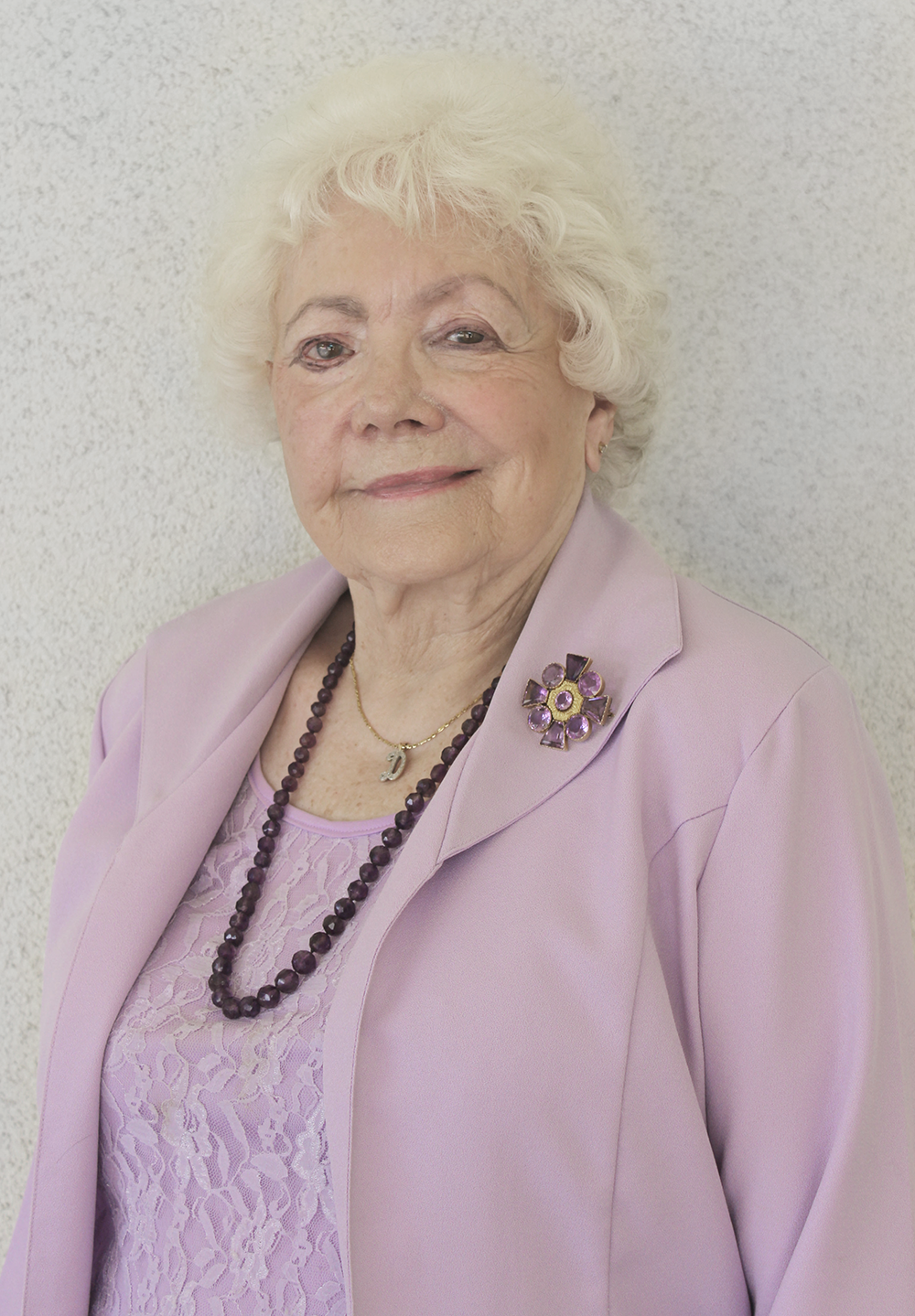
On September 8 of her 89th year, Dr. Donna Fox, professor emeritus in the department of Communication Sciences and Disorders, spoke to the newest graduate class about diagnosis and treatment for children with cleft palates. As she walked the students through the signs and symptoms they might see in an oral-mechanism exam; she coached the students to not be distracted by observable, but inconsequential, findings. “A difference has to make a difference,” she cautioned. Dr. Fox embodies this sentiment.
Dr. Fox began attending college at the University of Washington when she was only 16. It was different in 1944…16-year-old girls were not expected to be going off to college almost 2000 miles from home. She arrived in Spokane from her hometown of Chicago originally intending to study theatre; but a new clinic being built on campus captured her interest. Wanting to find out more about it, Dr. Fox enrolled in an audiology course. The course so intrigued her that she changed her major and earned a bachelor’s degree in “speech correction”.
Dr. Fox’s exceptional passion for learning caught her professors’ attention and she was encouraged to pursue a master’s degree at the University of Iowa. Her uncommon drive and intellect made her one of only about 103,000 women who obtained a master's degree in the U.S. in 1949 (National Center for Educational Statistics, 1993).
Throughout her career, Dr. Fox fought to be recognized for her expertise in a world that was not yet used to interacting with a young, smart, dynamic women. From the University of Iowa, Dr. Fox moved on to the University of Nebraska where she directed the speech and hearing clinic while she was still in her early 20s. She studied with the best in her field and she fought for lab time as she completed her dissertation in an academic world where she had been told she would not fit in.
While she pursued her Ph.D., she worked in the Omaha public schools as the director of speech therapy services – again, one of the youngest of the women in the district, but her unique command of the science of communication distinguished her from her peers. When she came to the University of Houston, Dr. Fox was one of only two female faculty members in the program. She published her Ph.D. dissertation in the prestigious Journal of Speech and Hearing Research (JSHR) in 1966 shortly after joining the faculty.
In addition to her faculty responsibilities, Dr. Fox wanted to practice speech-language pathology with children who had cleft lips and palates. She wanted access to state-of-the-art equipment for diagnosis and treatment. So, she fostered her collaborative relationships with professionals in the Texas Medical Center. Her time tightly scheduled between academic and clinical pursuits, her students learned from a clinician who could speak with authority about how practice actually played out in the real world.
After 30 years of teaching at the University of Houston, Dr. Fox retired to spend time training and showing her champion poodles. But, just as in her career, she retired differently! She continued providing care to children with cleft palates and their families at the Texas Medical Center as part of a team of professionals who took yearly trips to Central and South America to provide surgical interventions for children with clefts.
Today at 89 years old, Dr. Fox is still different and still making a difference. She continues to provide clinical services one or two days a week in the Texas Medical Center. Her contributions to the faculty and students at the University of Houston, both financial through her foundation and academic through her sharing of knowledge, cannot be matched and are so deeply appreciated.